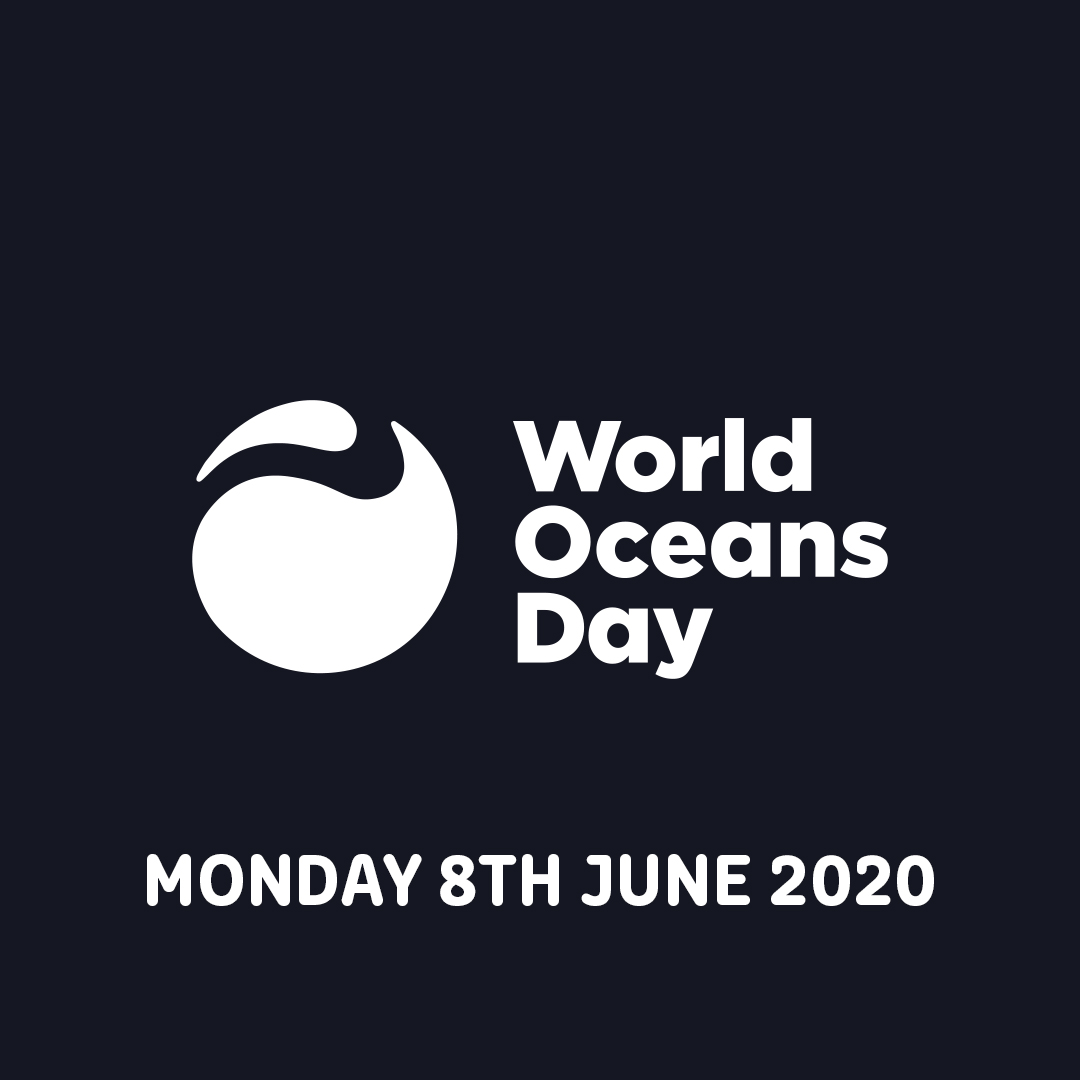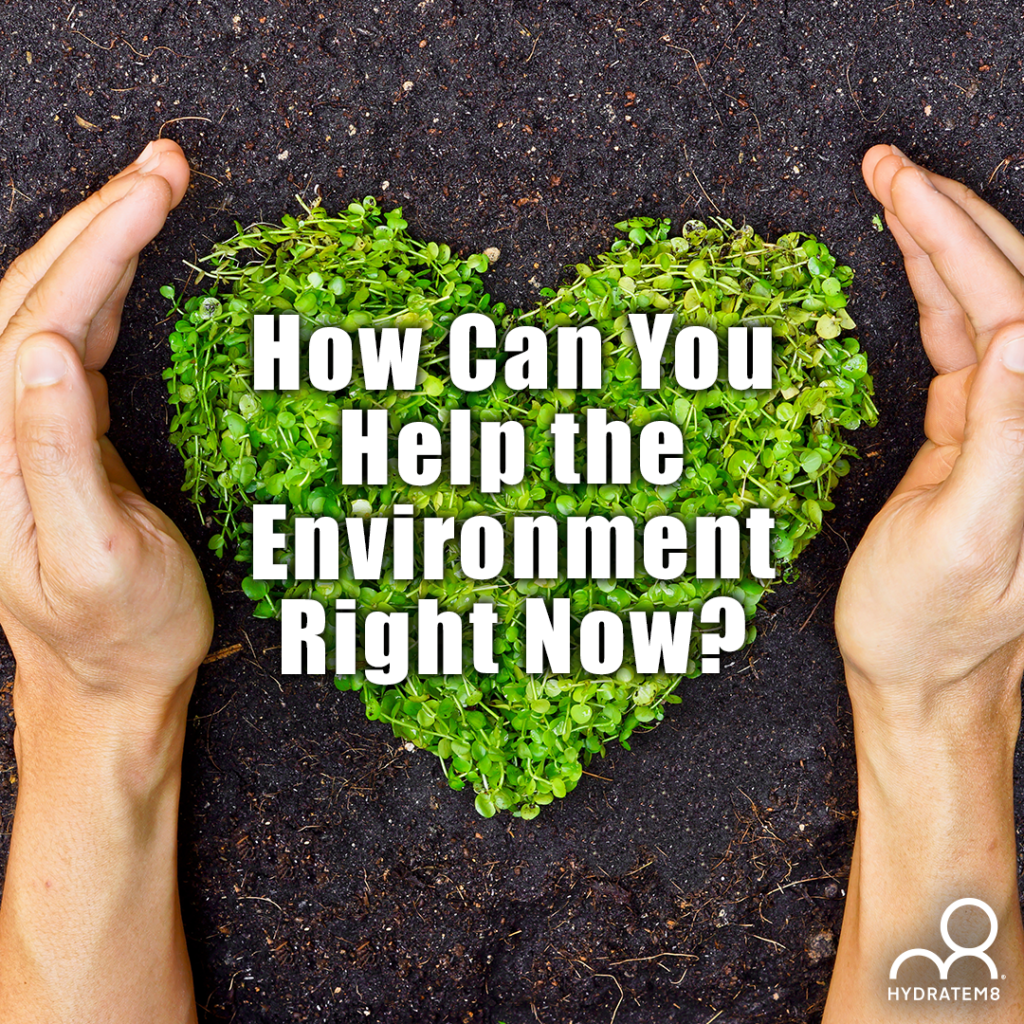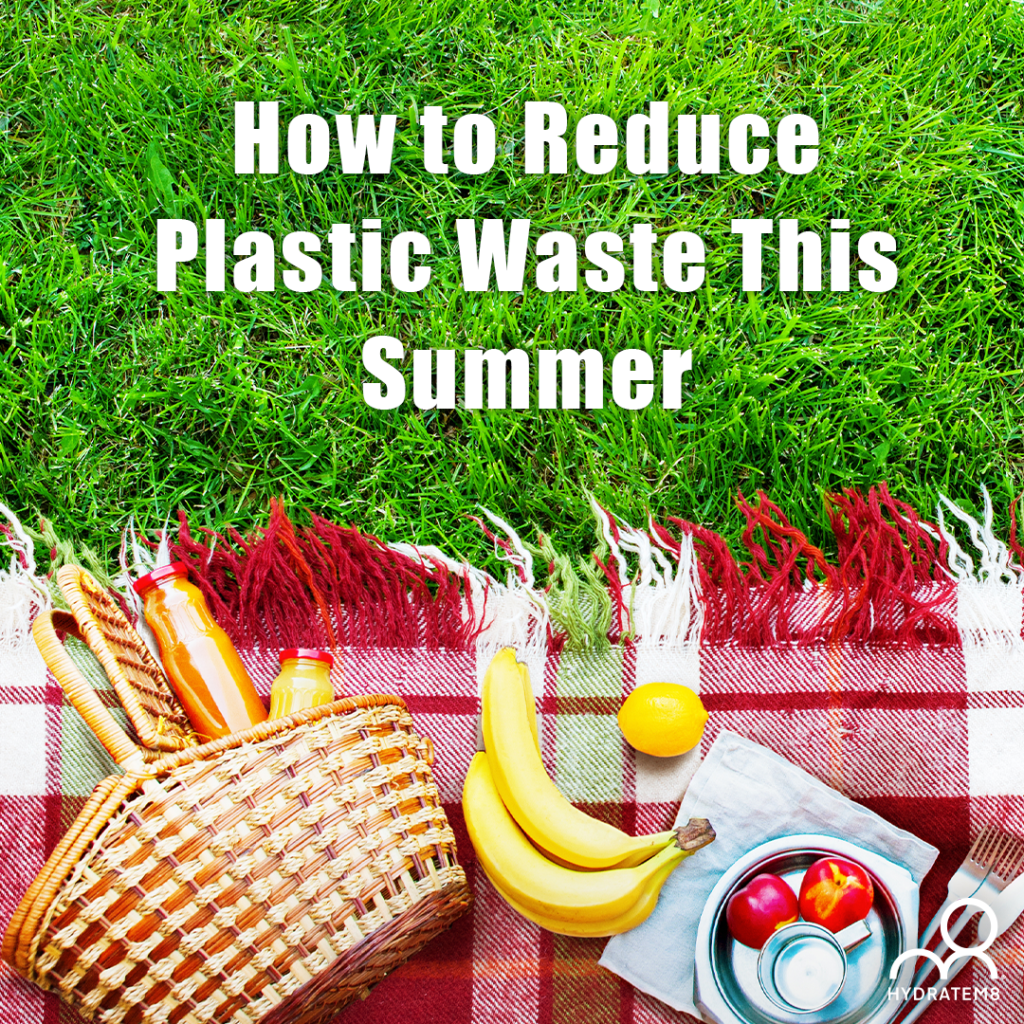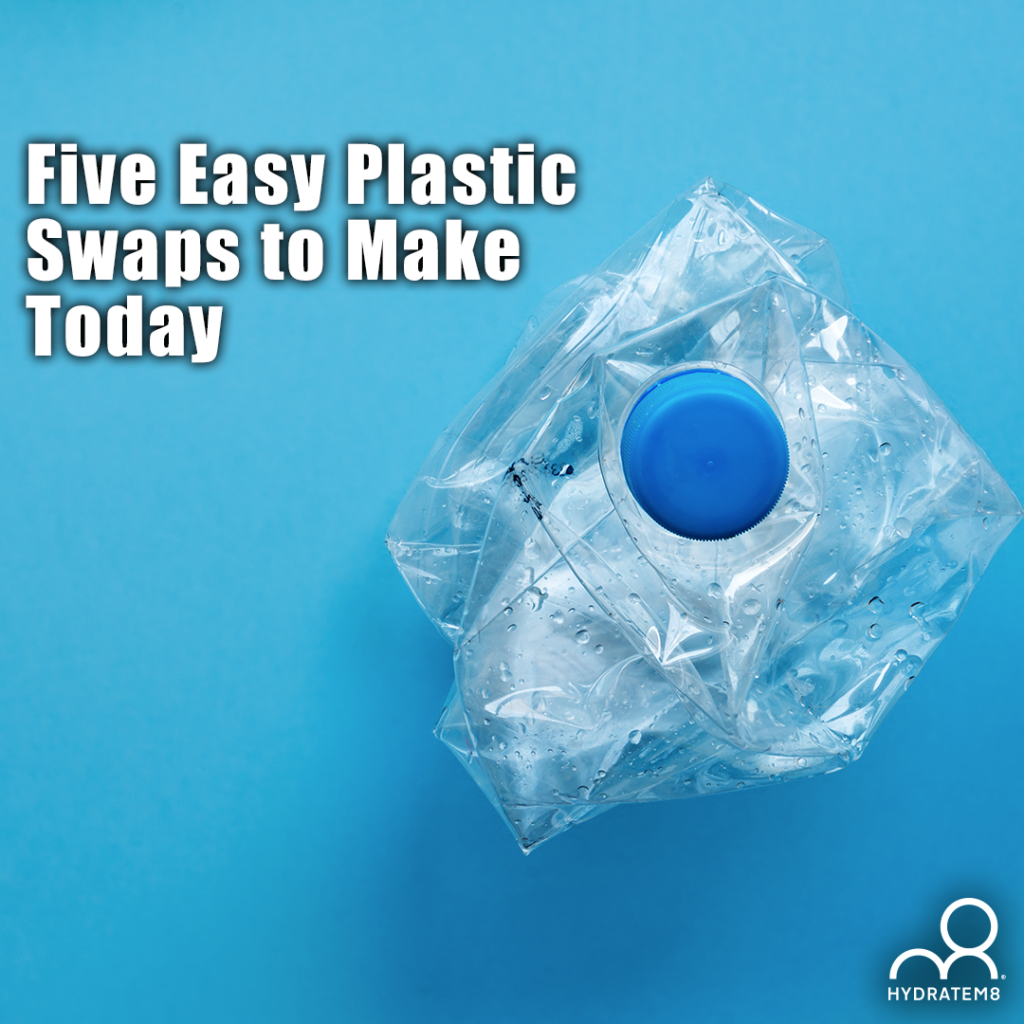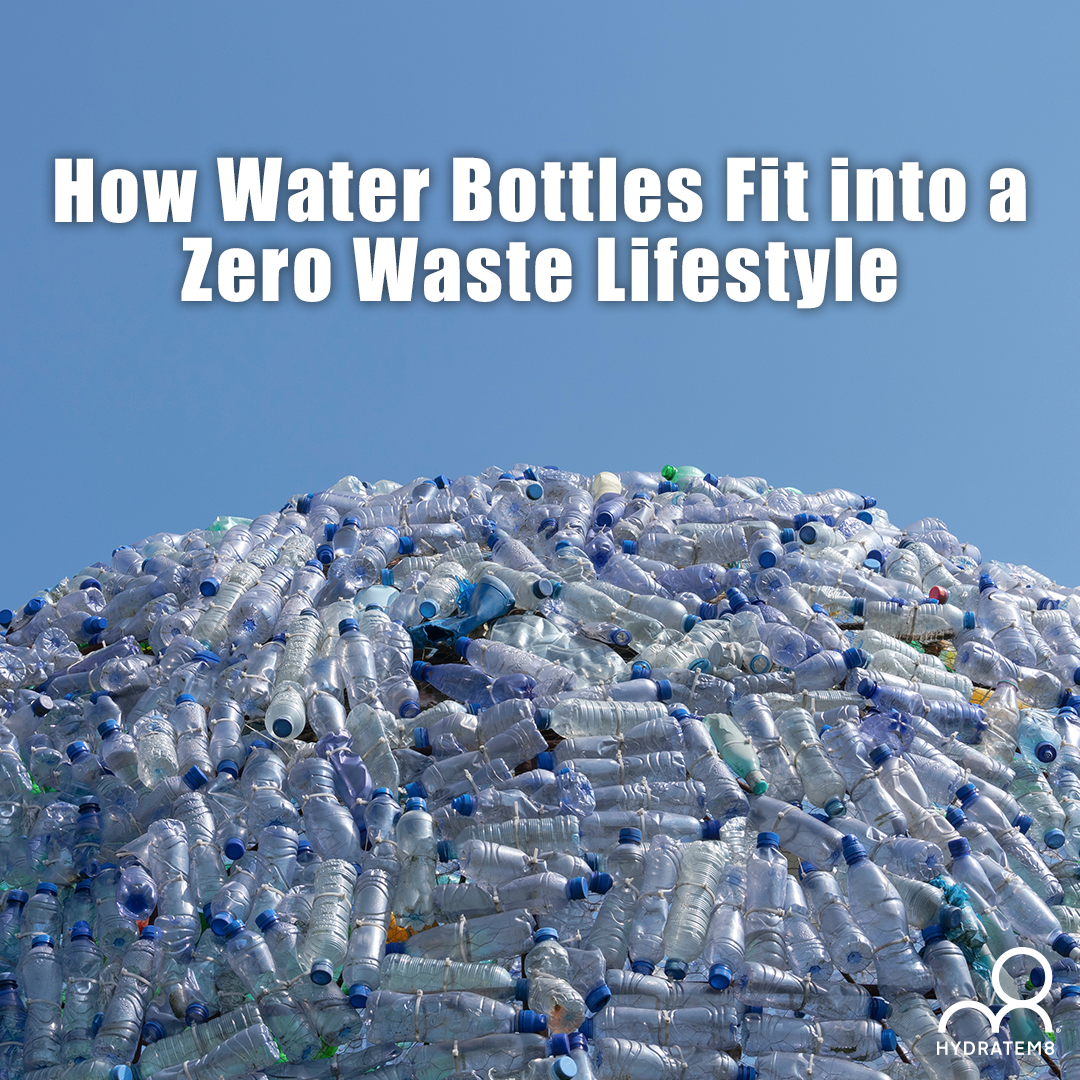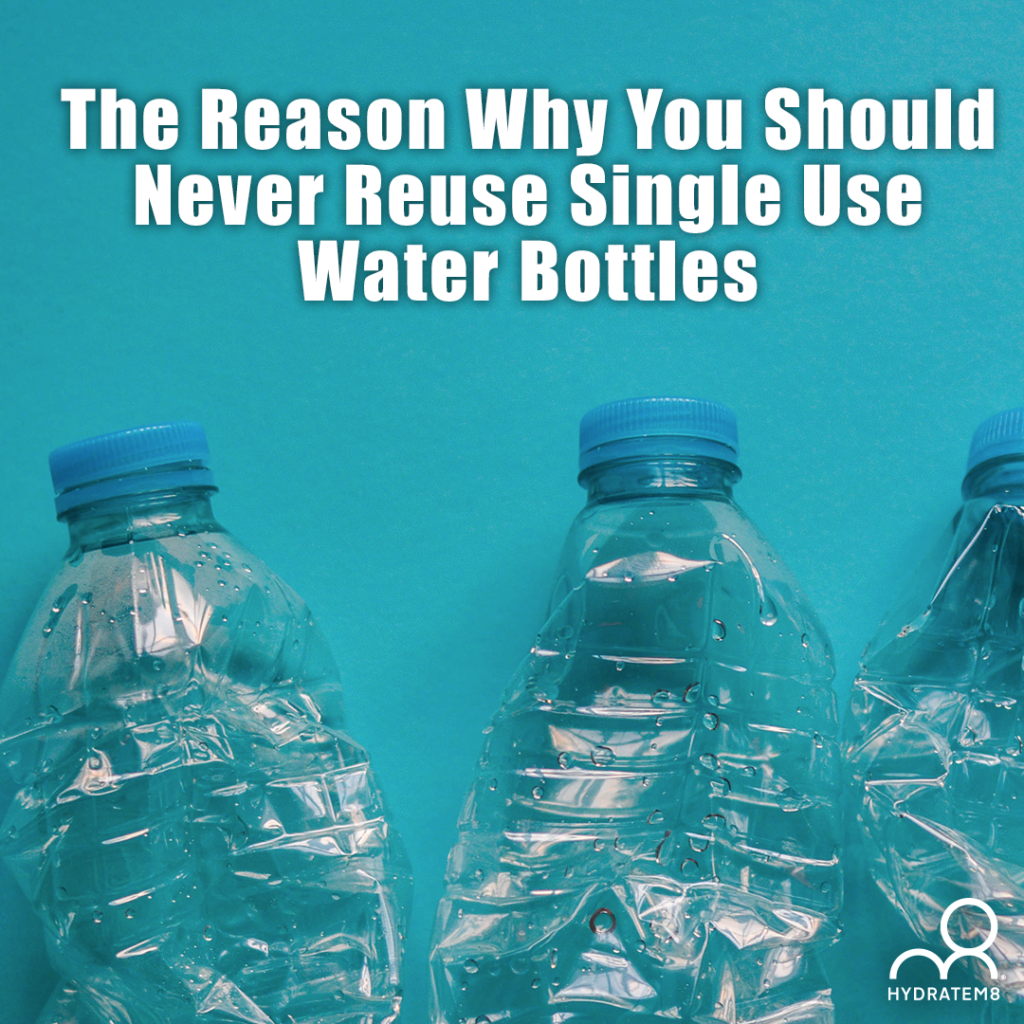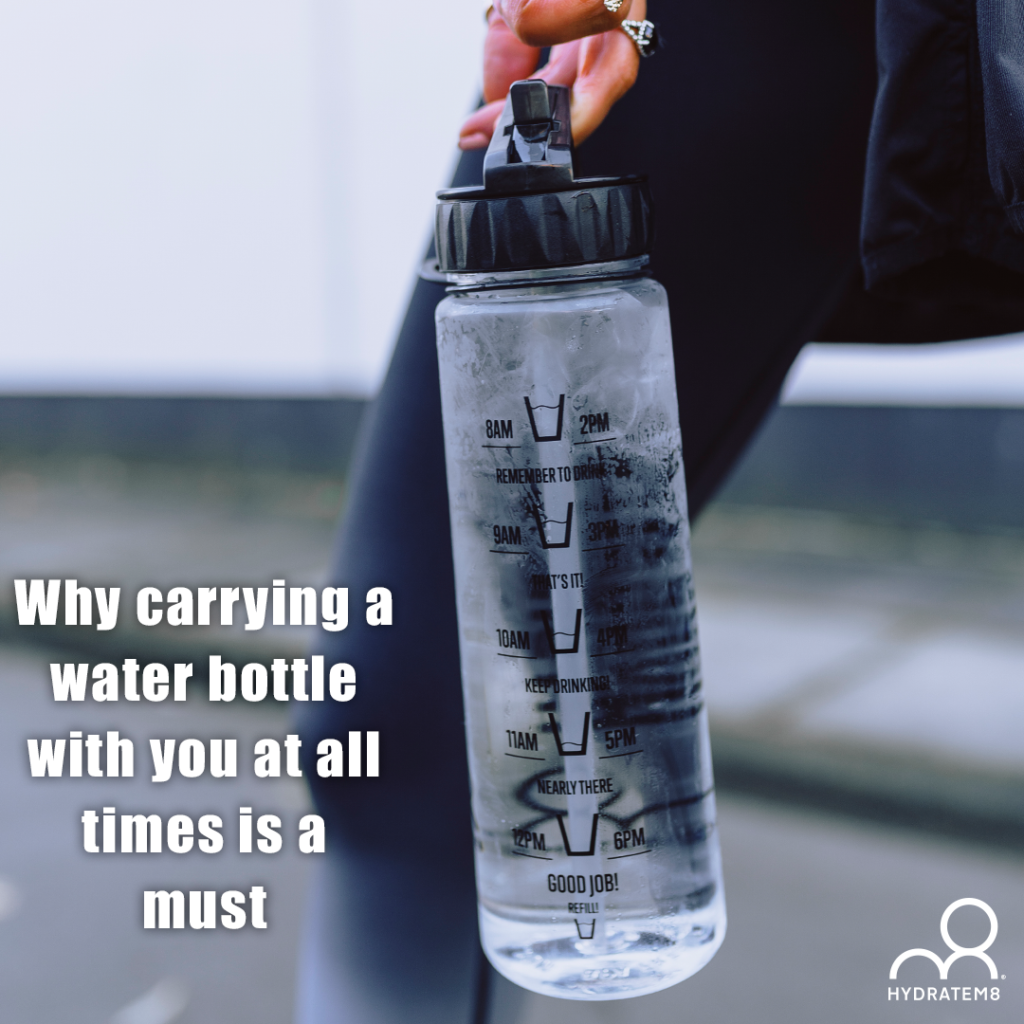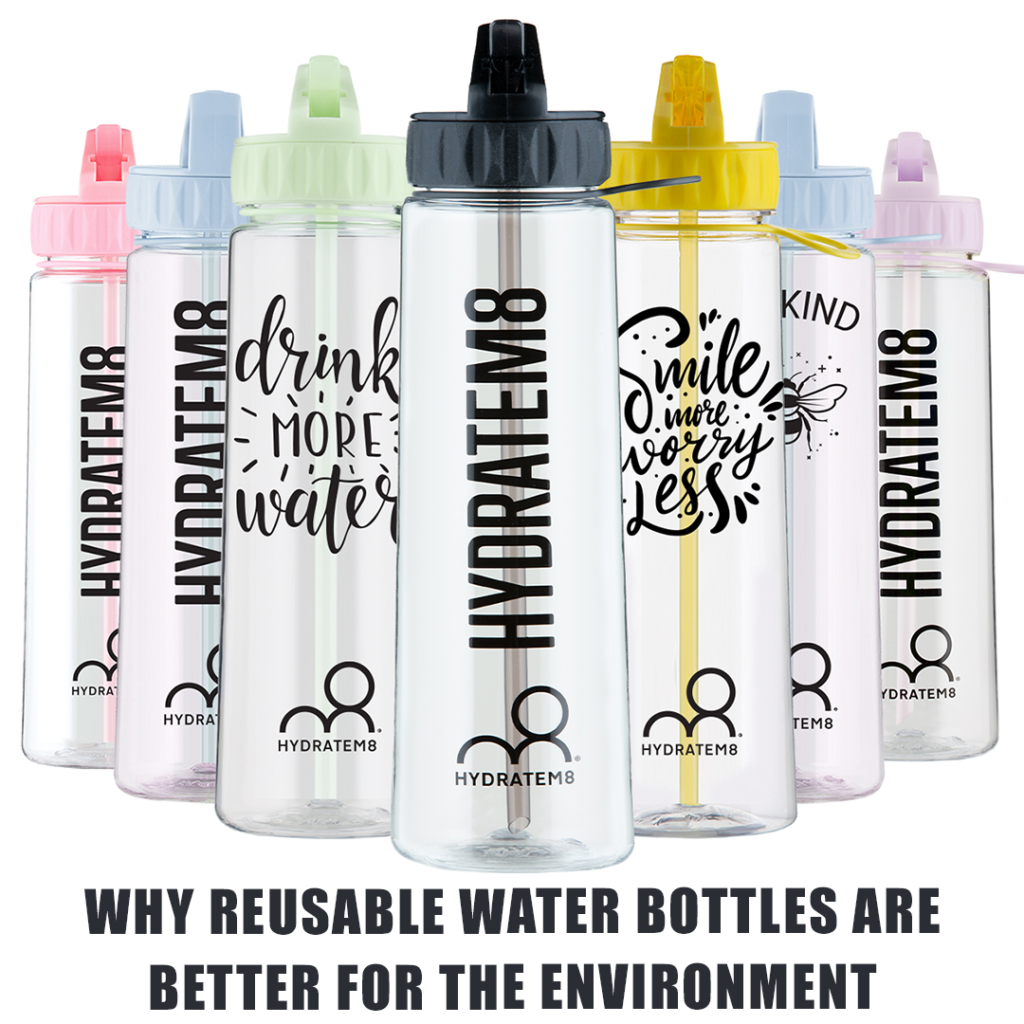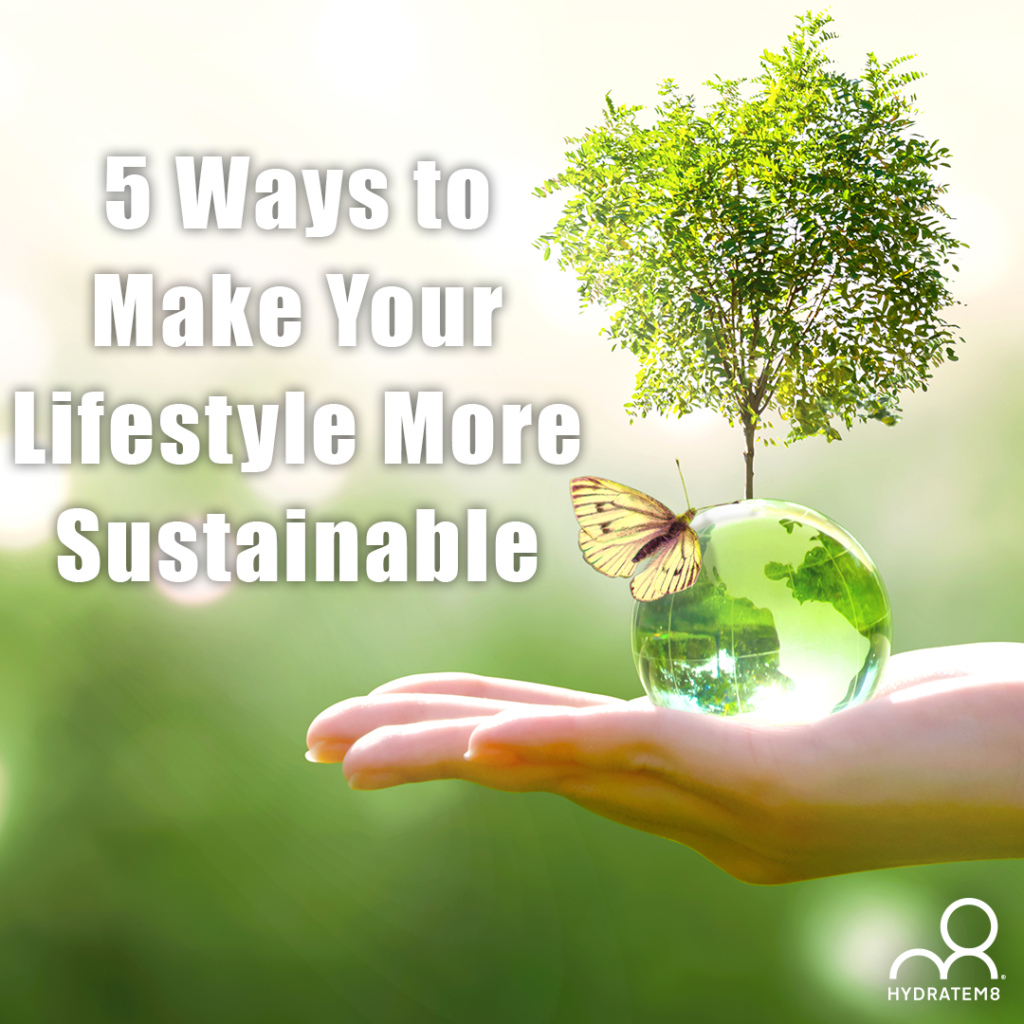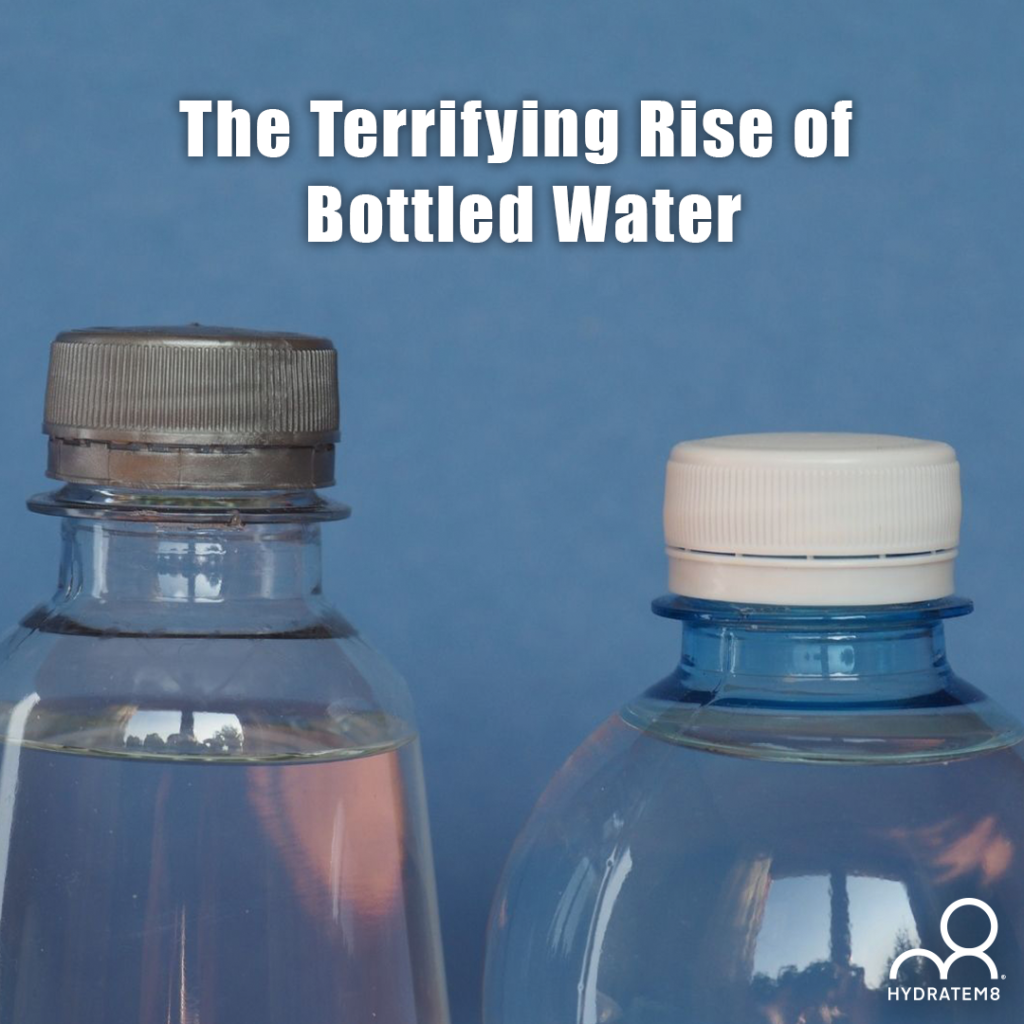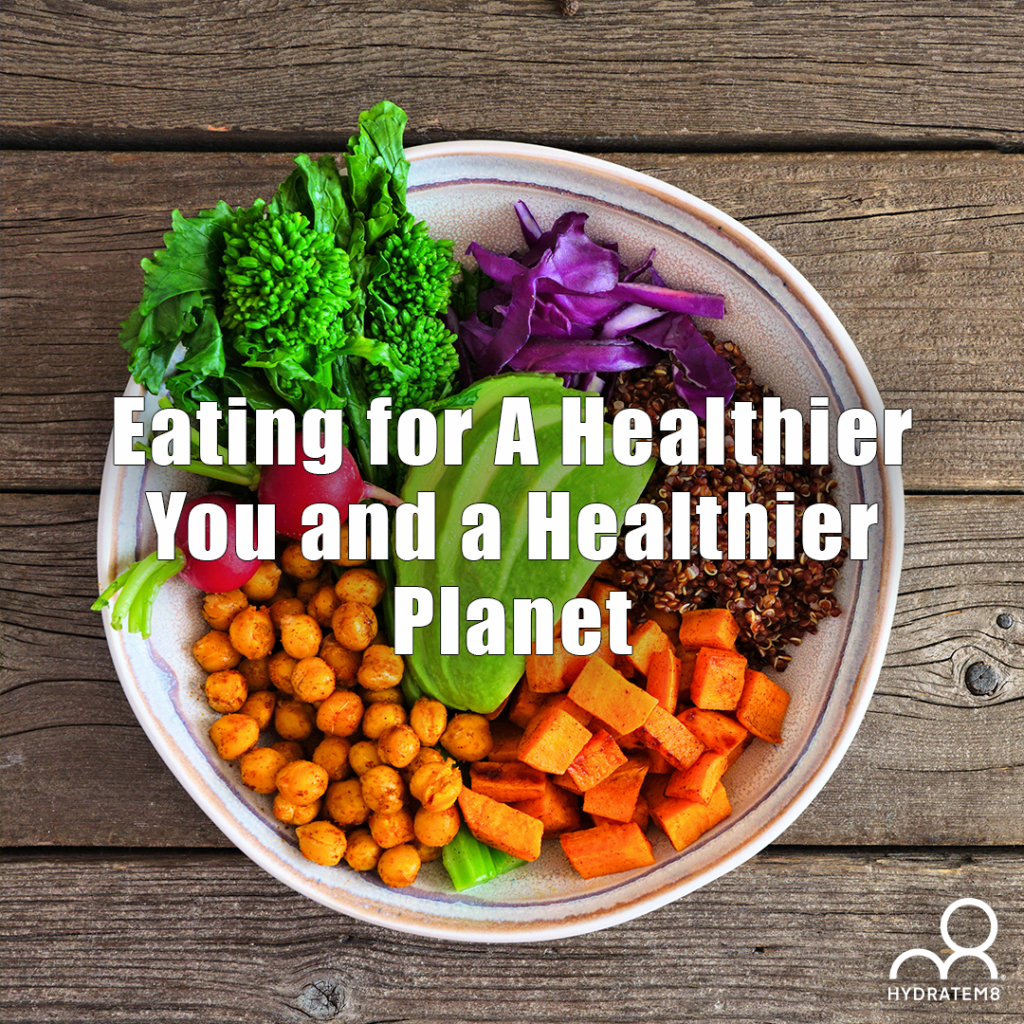Have you ever wondered why the oceans are so important? Yes, they are home to some spectacular wildlife, help to regulate the weather, they provide us with various recreational activities, food, and medicines, but they also contribute to around 70% of the earth’s oxygen production.
If the oceans are healthy, then the earth is healthy. However, as we are aware, our oceans and their marine life are under threat from various issues including plastic waste, overfishing and pollution. So, World Oceans Day is held every year to recognise and address these issues. It happens on the 8th of June every year with various events being held and each year has a theme. This year the theme is ‘Innovation for a Sustainable Ocean’.
How does plastic get into the ocean?
It is thought that up to 12.7 million tonnes of plastic ends up in the oceans every year. That figure is staggering. And it’s not just large plastic items either but microplastics, too, the kinds that are less than 5 millimetres in length. It doesn’t matter how large or small the plastics are, they are still a danger to marine life. In fact, over time, large items of plastics degrade and become microplastics and so they never fully disappear.
But how does it get there?
If you tend to throw items of plastic away rather than recycle them, then it is likely they could find their way to the ocean. That’s because plastic is lightweight and can be blown away, clogging up drains and entering the water system, eventually ending up in the sea.
The same is true for littering. If you drop plastic (or any rubbish) for that matter, it doesn’t just stay there, it can be washed or blown away into drains, rivers, streams and eventually the sea.
Another way plastic can enter the oceans, is via our drains. For example, many people flush products such as wet wipes, sanitary items, and cotton buds down the toilet. Therefore, there are things we can all do to help reduce the amount of plastic in our oceans.
Facts about plastics in the oceans
· Around 8 million pieces of plastic end up in the sea every single day
· Plastic bottles can last for 450 years in the water, slowly breaking down but never going away
· 1 in 3 fish caught for human consumption contain plastic
· One million sea birds and 100,000 marine animals are killed by plastic pollution in the seas every year
· Plastic pollution is found on every beach in the world, including uninhabited islands
What can we all do to reduce our plastic waste?
· Recycle as much plastic as you can rather than throwing it in the litter bin
· Carry a reusable cup or flask for a take-out coffee
· Invest in a reusable water bottle rather than buying bottle water
· Carry your own cutlery rather than using plastic, disposable options
· Get your milk delivered in glass bottles by the milkman to reduce plastic waste
· Use cling film alternatives like beeswax wraps which can be used again and again
· Ditch plastic straw, choose paper or metal options or go without
This World Oceans Day spare a thought for the marine life which may be affected by our carelessness when it comes to plastic waste and turn it into a positive. Take action and start to make small changes to help reduce your personal plastic use and waste. Together we can #ProtectOurHome.
#WorldOceansDay!
Sources
Natural History Museum. (2020). How Much Plastic is in the Ocean? Available at: https://www.nhm.ac.uk/discover/quick-questions/how-much-plastic-is-in-the-ocean.html
Surfers Against Sewage. (2020). Plastic Pollution Facts and Figures. Available at: https://www.sas.org.uk/our-work/plastic-pollution/plastic-pollution-facts-figures/
World Oceans Day. (2020). Take Action. Available at: https://worldoceansday.org/take-action/plan-your-event/

